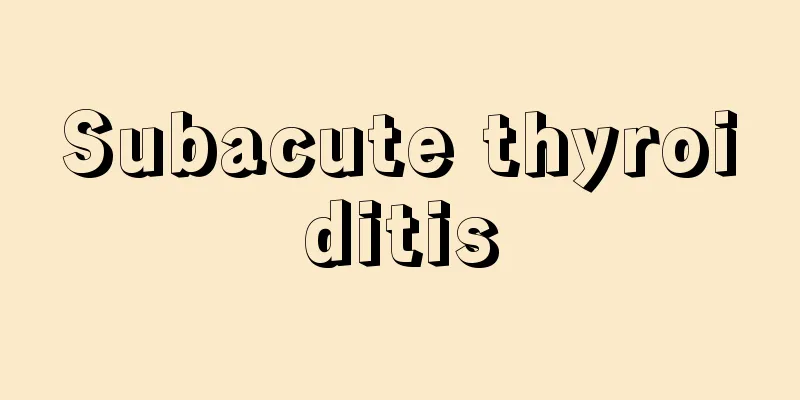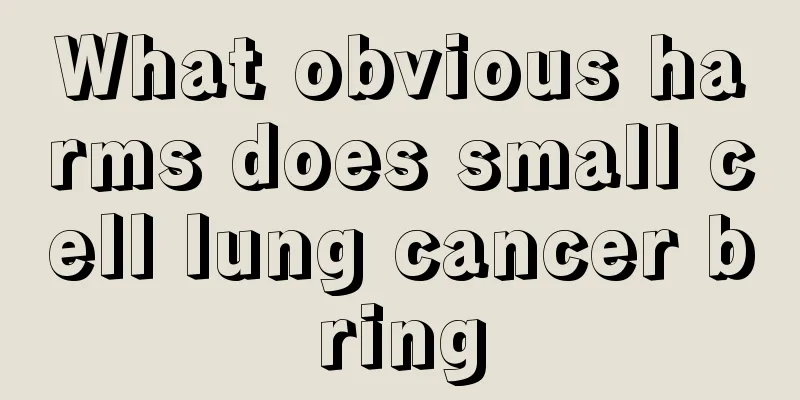"Leftover food" has nothing to do with "night"

|
The saying that "leftover vegetables cause cancer" was once widely circulated. So, how harmful are "leftover" vegetables? How should vegetables be stored in the safest way? I would like to share with you the article "Does "Leftover Food" Really Cause Cancer" written by Yun Wuxin, the scientific consultant of "A Bite of China", to help my friends clear up their doubts. Anyone who pays attention to food health must have heard the saying that "leftover food causes cancer." There were even reports on the Internet and in newspapers of people being sent to the emergency room after eating leftover food. How many carcinogens are there in vegetables? What happens during the "overnight" process? Carcinogens, the inevitable existence All our diets, including water, meat, vegetables, fruits, etc., inevitably contain nitrates and nitrites. According to statistics from Europe, the United States and other countries, in a normal diet, vegetables are the main source of nitrates, and nitrites are often related to the conversion of nitrates. Current scientific research results generally believe that nitrates themselves are non-toxic. If nitrite enters the human body in large quantities, it may cause "methemoglobinemia", in which the blood loses its ability to carry oxygen, resulting in symptoms of hypoxia, which may be life-threatening in severe cases. A broader concern about nitrite is that it may be converted into nitrosamines in the human body, which are carcinogens. However, under normal circumstances, the content of nitrate and nitrite in vegetables is still quite far from the dose that is harmful to the human body. Moreover, vegetables have many clear benefits for human health. Therefore, the scientific community and food hygiene agencies still recommend that people eat more vegetables. So the question becomes: How can we obtain the benefits of vegetables while minimizing possible harms? "Leftover food" has nothing to do with "night" If you cook a dish in the evening and don’t finish it, and eat it the next day, of course it is called “leftover food”. However, as someone asked: What if I eat it at midnight? What if I fry it in the morning and eat it at night? From a food science perspective, whether or not to store it overnight is not the issue. The essence of the problem is what happens to the prepared dishes during the storage process. What we are worried about is the conversion of nitrates in vegetables into nitrites. This conversion process can be achieved by the reductase naturally found in vegetables, but when the vegetables are heated and cooked, these enzymes lose their activity and this pathway is cut off. Another pathway is the action of bacteria. The vegetables have been cooked and the bacteria in them have been almost killed. However, during the eating process, some bacteria on the chopsticks will enter the leftovers; during the storage process, some bacteria in the air may also enter. This process has nothing to do with whether it is kept overnight or not, it only has to do with the storage conditions. How much nitrite will be produced in the dish in the end depends first on the vegetables themselves; secondly on the conditions under which the cooked vegetables are stored; and thirdly on how long they are stored. How to preserve and eat vegetables? Vegetables have clear health benefits, and we cannot stop eating them just because they “may” contain nitrates and nitrites. The lifestyle of modern society makes it impossible for many people to eat fresh vegetables picked from the ground for every meal. For many people, buying food and eating it for several days is a very common thing. Therefore, preserving vegetables becomes a very important issue in food health. The production of nitrite in vegetables uses the nitrate in the vegetables as the raw material. The conversion condition is mainly bacterial growth, and “overnight” is just a matter of time. There are many ways to reduce the production of nitrite. First, reduce the storage time of vegetables, especially green leafy vegetables, and increase the frequency of shopping for vegetables. Secondly, vegetables that need to be preserved should be washed and packaged to reduce the bacteria they carry. If you don’t finish eating the prepared vegetables, you can also seal them and store them in the refrigerator. "Overnight" is not the key to the production of nitrite, and heating will not increase the content of carcinogens. Of course, many vitamins in vegetables will be destroyed when heated, and vegetables that are heated multiple times will also taste unpalatable. From the perspective of "taste", "overnight food" is indeed inferior; from a nutritional perspective, multiple heating does have a certain impact; from a safety perspective, there is no problem with heating. Leftover food does not have the "carcinogenic" ability as it is said to be. |
<<: Feeling sleepy after eating is caused by spleen deficiency
>>: Garlic is not reliable for detecting gutter oil
Recommend
Reasons for decreased immunity
Immunity is something that each of us has, and it...
How to treat diarrhea?
Diarrhea has a great impact on our health, so the...
Pain in the left inner thigh?
Many people have experienced pain in the inner si...
Can I run more if I have bile duct cancer?
Running is a very good sport for physical exercis...
What is the reason for frequent urination and urgency
People often mistake frequent urination and urgen...
Calories in a cup of instant coffee
Many people drink instant coffee because it is no...
Low red blood cell count in pregnant women?
Nowadays, people pay great attention to eugenics ...
How to wash off oil stains on white clothes
White clothes look neat and tidy, so many people ...
What are the most common causes of cardiac syncope?
Cardiogenic syncope is a common disease that is c...
Can fruit peels really be eaten?
In our daily lives, there are many reports saying...
How to know the characteristics of vascular headache
How do we know that vascular headache is a relati...
If you accidentally get scalded by boiling water and leave scars, how should you deal with it promptly and correctly?
If you get scalded in your life, you should first...
When is the best time to drink honey water? Should you drink honey water in the morning or in the evening?
When is the best time to drink honey water? Regar...
Complete guide to eating bottle gourd
Gourd has many uses, and the one that is most clo...
Is it good to wear shapewear regularly
Nowadays, more and more people love beauty, but n...









